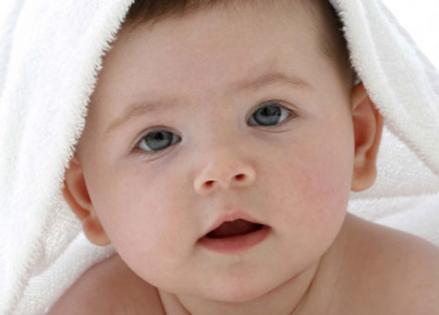The straight answer to this question is no, not always. However a true allergy can be identified almost immediately as opposed to a food intolerance.
The average inquiry or concerns I hear from parents sound something like this,
- My baby is always crying and nothing seems to comfort him/her
- Feeding is difficult and is often accompanied with projectile vomiting
- He/she is always constipated
- Covered in rash and skin problems
- Runny nose and eyes
- Bad behaviour and/or temper tantrums
- Colic / wind
- Always rubbing his/her ears as if he/she has an earache
- My baby never seems to sleep properly
- I think there must be something I am eating or my baby is eating that is causing this.
- I would like to know exactly what I CAN feed my baby.
- They seem distressed but have been told that they are medically ok.
Eating the wrong foods can certainly cause many of the symptoms above. Quite often it is only a small number of foods causing a huge number of symptoms. Eating as little as one food 3 times a week is enough to keep these problems going.
Common allergic conditions, such as asthma, eczema and hay fever, can usually be readily diagnosed. However, a person can develop an allergy to almost anything - from cat fur to polyester. Some allergies develop rapidly and are severe. If your baby has trouble breathing, pants, appears disoriented, has a rapid pulse or is pale or cold, call your GP immediately. Symptoms can occur at any time of the year. Mould allergies usually develop in the wet seasons, which can be often be the summer if there is a lot of rain, and can be hard to distinguish from colds. Pollen-related allergies are more common in spring and autumn. Morning congestion which lasts all year long is commonly due to dust-mites or pet allergies.
If you are looking to receive some more information on food allergy testing or special dietary foods for babies go to the Children’s Pantry pantry of What Can I Eat








 Agree (0)
Agree (0) Disagree (
Disagree (







__small.png)










